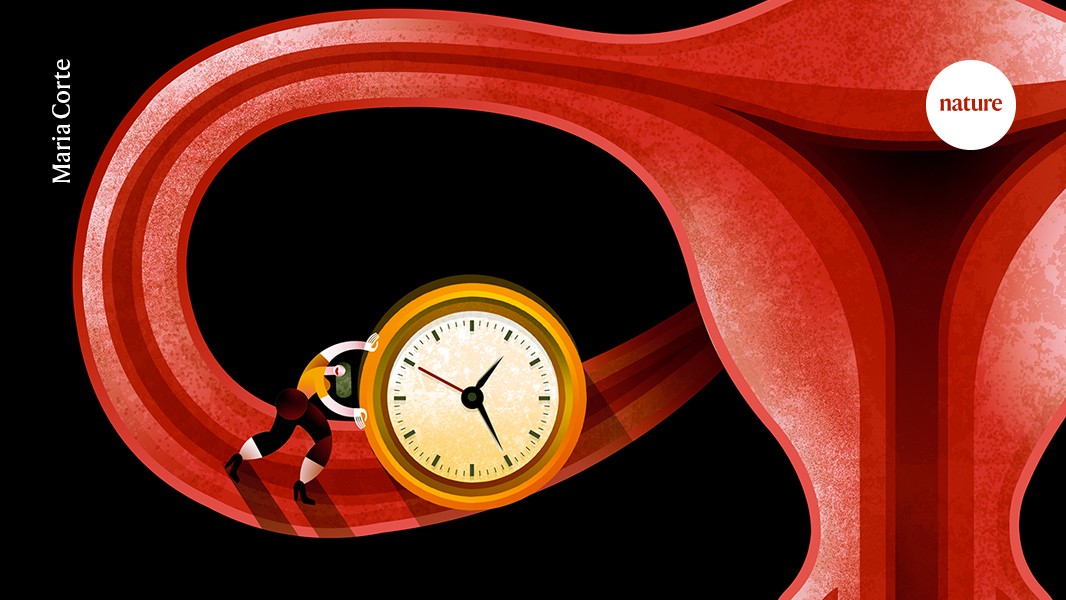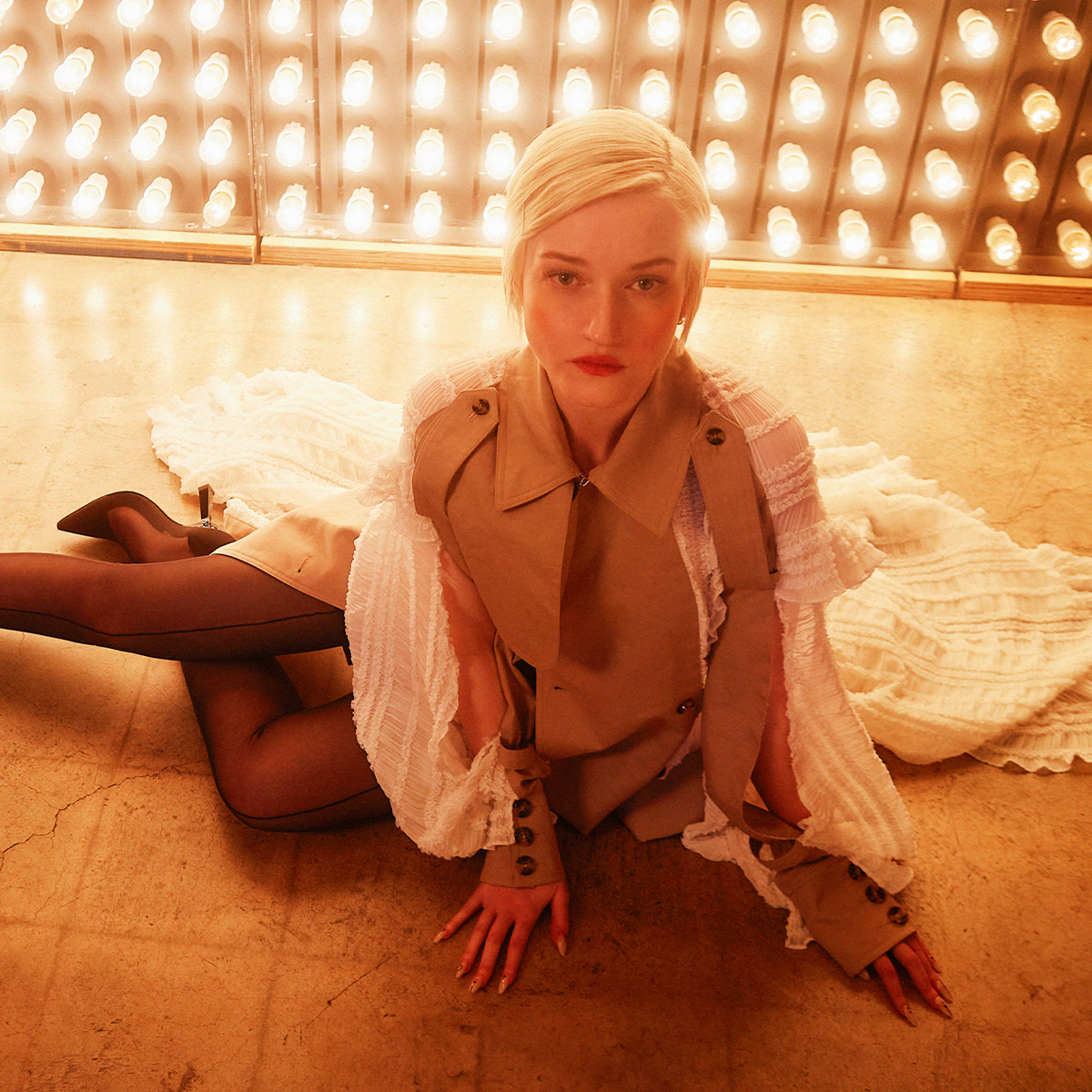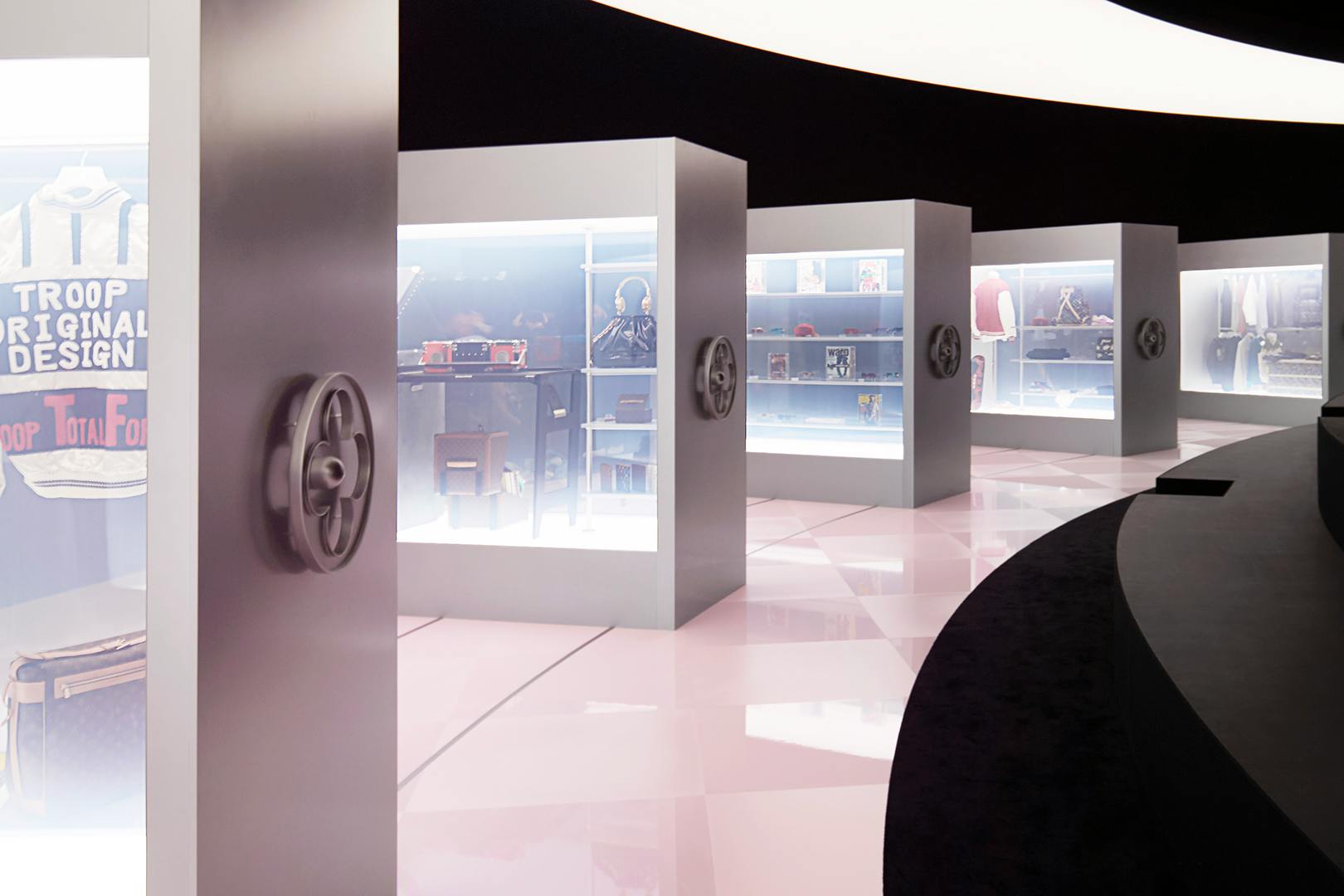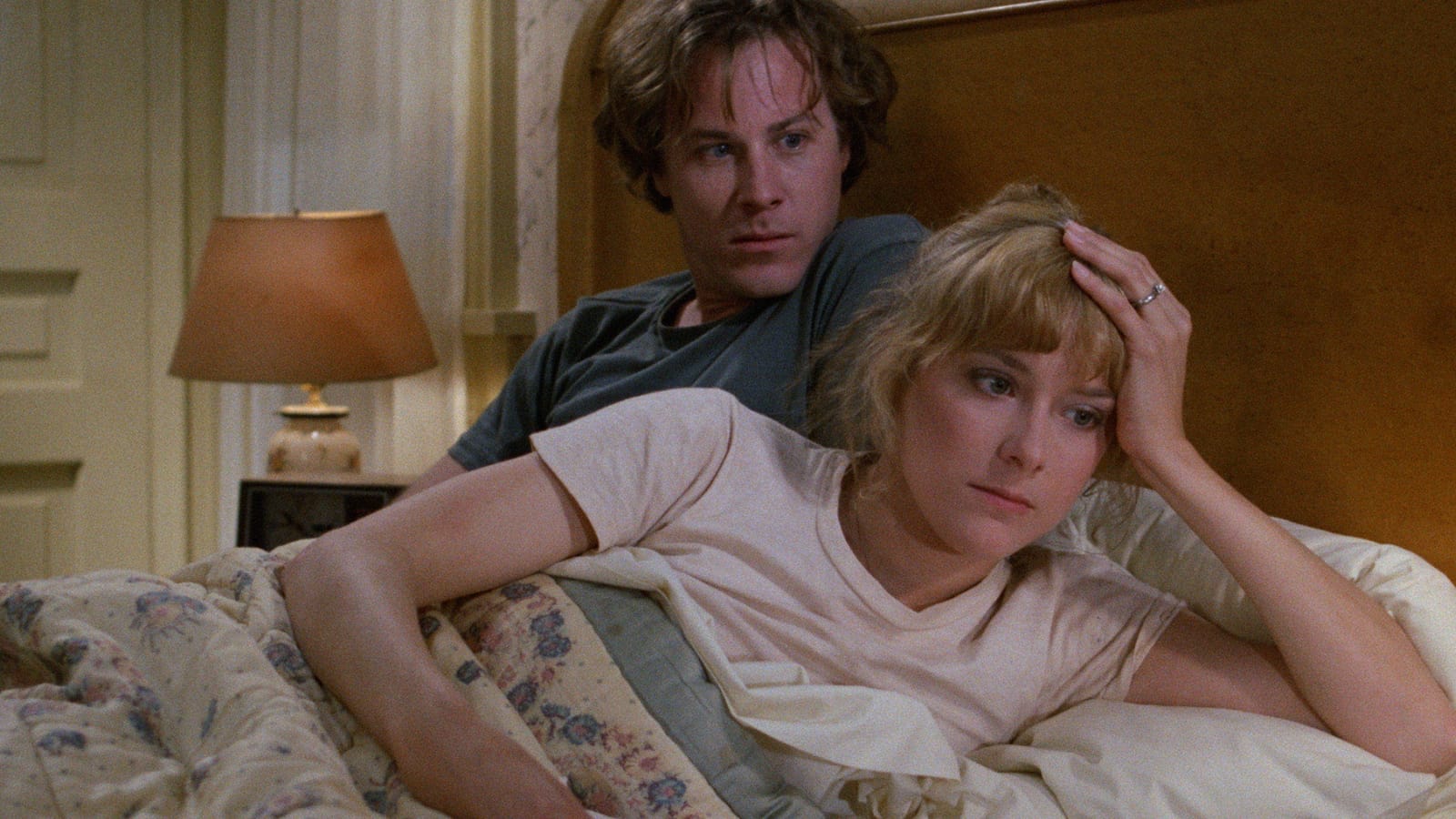In Print | Forever Young
This is an excerpt of a piece published in Issue 6 of Notebook magazine as part of a broader exploration of the cinema of youth. The magazine is available via direct subscription or in select stores around the world.The Heartbreak Kid (Elaine May, 1972)Illustrations by Emi Ueoka.The leanest, loveliest ending. In a movie filled with good lines—“There’s no insincerity in those potatoes. There’s no deceit in the cauliflower”—Elaine May’s The Heartbreak Kid, written by Neil Simon, finishes honestly, undisguised and plain (like the potatoes, like the cauliflower). Charles Grodin, who plays Lenny Cantrow, a sports equipment salesman stewing with self-starter anxieties and consequently sabotaging his life (and love life) and the lives of others, is sitting on a couch at his own wedding reception, having a conversation with a ten-year-old guest. In a room full of adults, champagne, the future (his blonde wife Kelly, played by Cybill Shepherd; his in-laws and new extended family), Lenny’s choice to seek refuge is unadorned and innocent, even if our anti-hero is far from innocent, a heartbreaker through and through. When we find out Lenny’s companion is ten, what follows is the film’s last line, three words that ring out with existential malaise. Lenny says, “I was ten.” His plaintive register suggests regret, but more than that, it avoids the trappings (and burden) of resolution. We are left with an image free of finish. There is no release. Nothing is purified or made neat and easy. Maybe, for a moment, the audience imagines a younger Lenny, shrunken in his adult wedding suit. Will he ever grow up? Who knows. Lucky for us, Elaine May is a genius. She knew, then, how to create something that remains timeless. She gave us a guy on a couch, whose future will likely comprise more scenes like this one: feeling lonely in a crowd of his own design. La ciénaga (Lucrecia Martel, 2001)The roles are reversed. The children are forced to parent, and the parents, while not exactly children, spend their days like idle teenagers. In Lucrecia Martel’s sublime directorial debut, the passing of time is strange; it’s a sinking feeling. Eeriness inhabits each frame. (The film’s title literally translates to The Swamp.) Sweaty bodies lay flat. Patio furniture, dragged beside the pool, screeches like something from a scary movie. Pool water is disturbingly still, like pool water that’s been long abandoned. Slowed and spooky oscillating fans barely afford a breeze. Wine is spilled instead of poured. Children play with rifles. We train our eyes on what can go wrong. We hold our breath. We began to anticipate danger, everywhere. Martel creates an unsettling world that could, at any moment, detonate. We also see beauty, everywhere. A group of boys riding on the back of a truck are holding three water balloons: one pink, two blue. We encounter the boys from a low angle, and in classic Martel composition, we do not see their faces. All we see is their grip, delicately firm, ready to launch. There is nothing innocent in the frame. There is only innocence in the frame. One pink, two blue. Every movie about summer is actually a movie about the last summer. Millennium Mambo (Hou Hsiao-hsien, 2001)Shu Qi’s performance as Vicky in Millennium Mambo is a miracle. From the moment we meet her, she is both fleeting and pulsing. It’s one of the greatest, coolest movies about being young because its portrayal of nightlife—of chasing those evanescent minutes that anticipate morning—takes place not in bars or clubs, but in the apartments the characters come home to, where the dancing and smoking revives both the party and that specific neon torpor. Nightlife, as depicted by Hou and scored by Lim Giong’s spectral sound, is lived-in and elusive, indistinguishable from something like desire, which only exists so long as it isn’t satisfied. In this way, the film’s iconic opening shot—a floating slow-motion preface that functions like a drug taking effect—is an invitation to escape. We are dropped into the director’s vision. How beautiful and seductive. More movies should begin with a young woman looking back over her shoulder because the gesture is transitory; she isn’t promising anything and yet we follow her down a blue-lit skywalk, like some version of a rabbit hole. She looks over her shoulder, but only long enough for us to understand our calling: to keep up. We have met the muse. She appears to us like a missing person (the ultimate intrigue), and when she looks back, her stare has the same impact of a freeze-frame (even though it isn’t). We see her exactly how we will remember her; how she hopes to be remembered.For three more films that come of age, pick up a copy of Notebook by subscription or in select stores.

This is an excerpt of a piece published in Issue 6 of Notebook magazine as part of a broader exploration of the cinema of youth. The magazine is available via direct subscription or in select stores around the world.
The Heartbreak Kid (Elaine May, 1972)

Illustrations by Emi Ueoka.
The leanest, loveliest ending. In a movie filled with good lines—“There’s no insincerity in those potatoes. There’s no deceit in the cauliflower”—Elaine May’s The Heartbreak Kid, written by Neil Simon, finishes honestly, undisguised and plain (like the potatoes, like the cauliflower). Charles Grodin, who plays Lenny Cantrow, a sports equipment salesman stewing with self-starter anxieties and consequently sabotaging his life (and love life) and the lives of others, is sitting on a couch at his own wedding reception, having a conversation with a ten-year-old guest. In a room full of adults, champagne, the future (his blonde wife Kelly, played by Cybill Shepherd; his in-laws and new extended family), Lenny’s choice to seek refuge is unadorned and innocent, even if our anti-hero is far from innocent, a heartbreaker through and through. When we find out Lenny’s companion is ten, what follows is the film’s last line, three words that ring out with existential malaise. Lenny says, “I was ten.” His plaintive register suggests regret, but more than that, it avoids the trappings (and burden) of resolution. We are left with an image free of finish. There is no release. Nothing is purified or made neat and easy. Maybe, for a moment, the audience imagines a younger Lenny, shrunken in his adult wedding suit. Will he ever grow up? Who knows. Lucky for us, Elaine May is a genius. She knew, then, how to create something that remains timeless. She gave us a guy on a couch, whose future will likely comprise more scenes like this one: feeling lonely in a crowd of his own design.
La ciénaga (Lucrecia Martel, 2001)

The roles are reversed. The children are forced to parent, and the parents, while not exactly children, spend their days like idle teenagers. In Lucrecia Martel’s sublime directorial debut, the passing of time is strange; it’s a sinking feeling. Eeriness inhabits each frame. (The film’s title literally translates to The Swamp.) Sweaty bodies lay flat. Patio furniture, dragged beside the pool, screeches like something from a scary movie. Pool water is disturbingly still, like pool water that’s been long abandoned. Slowed and spooky oscillating fans barely afford a breeze. Wine is spilled instead of poured. Children play with rifles. We train our eyes on what can go wrong. We hold our breath. We began to anticipate danger, everywhere. Martel creates an unsettling world that could, at any moment, detonate. We also see beauty, everywhere. A group of boys riding on the back of a truck are holding three water balloons: one pink, two blue. We encounter the boys from a low angle, and in classic Martel composition, we do not see their faces. All we see is their grip, delicately firm, ready to launch. There is nothing innocent in the frame. There is only innocence in the frame. One pink, two blue. Every movie about summer is actually a movie about the last summer.
Millennium Mambo (Hou Hsiao-hsien, 2001)

Shu Qi’s performance as Vicky in Millennium Mambo is a miracle. From the moment we meet her, she is both fleeting and pulsing. It’s one of the greatest, coolest movies about being young because its portrayal of nightlife—of chasing those evanescent minutes that anticipate morning—takes place not in bars or clubs, but in the apartments the characters come home to, where the dancing and smoking revives both the party and that specific neon torpor. Nightlife, as depicted by Hou and scored by Lim Giong’s spectral sound, is lived-in and elusive, indistinguishable from something like desire, which only exists so long as it isn’t satisfied. In this way, the film’s iconic opening shot—a floating slow-motion preface that functions like a drug taking effect—is an invitation to escape. We are dropped into the director’s vision. How beautiful and seductive. More movies should begin with a young woman looking back over her shoulder because the gesture is transitory; she isn’t promising anything and yet we follow her down a blue-lit skywalk, like some version of a rabbit hole. She looks over her shoulder, but only long enough for us to understand our calling: to keep up. We have met the muse. She appears to us like a missing person (the ultimate intrigue), and when she looks back, her stare has the same impact of a freeze-frame (even though it isn’t). We see her exactly how we will remember her; how she hopes to be remembered.
For three more films that come of age, pick up a copy of Notebook by subscription or in select stores.
What's Your Reaction?




















![[FREE EBOOKS] Hacking and Securityy, The Kubernetes Book & Four More Best Selling Titles](https://www.javacodegeeks.com/wp-content/uploads/2012/12/jcg-logo.jpg)













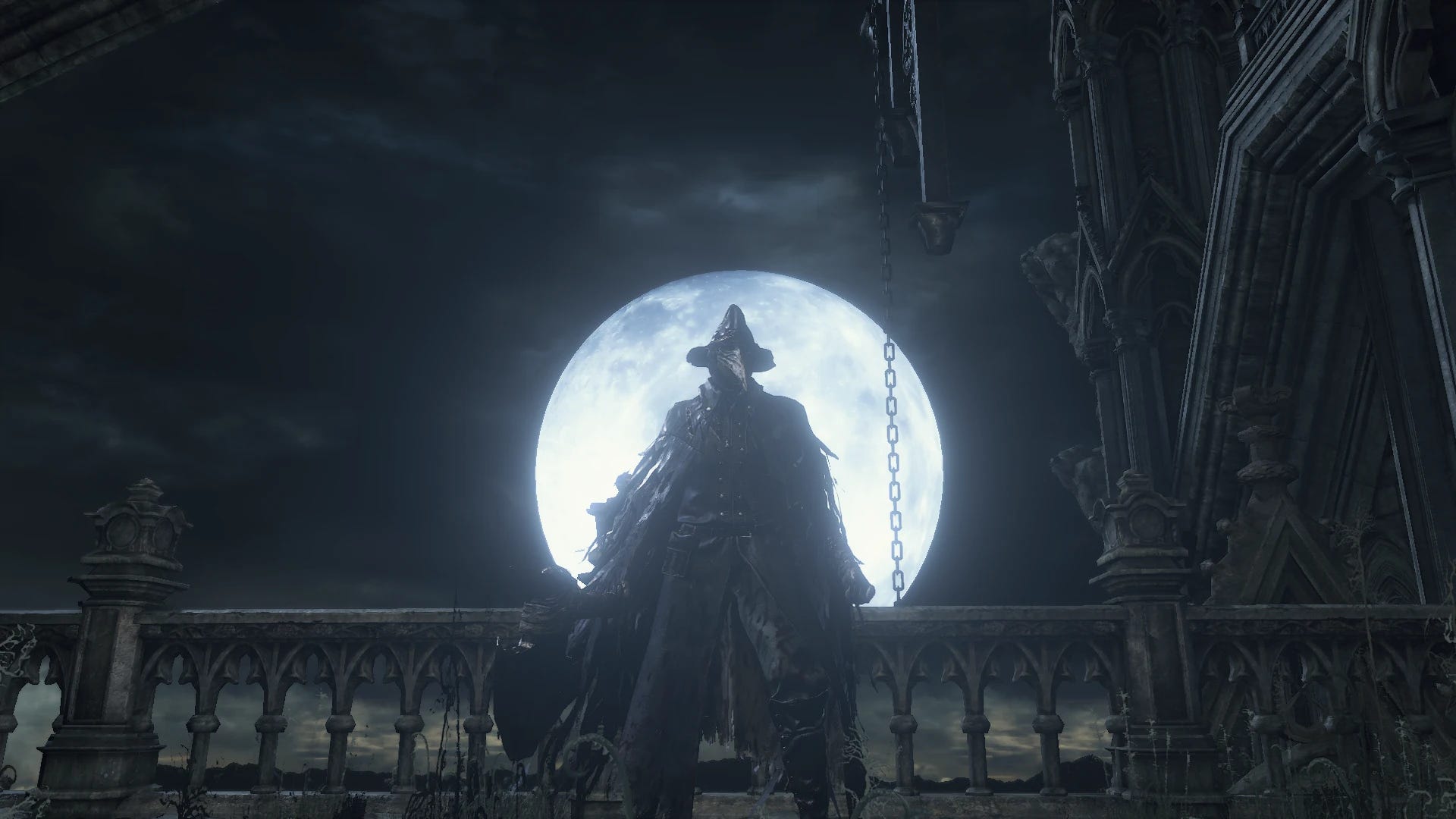

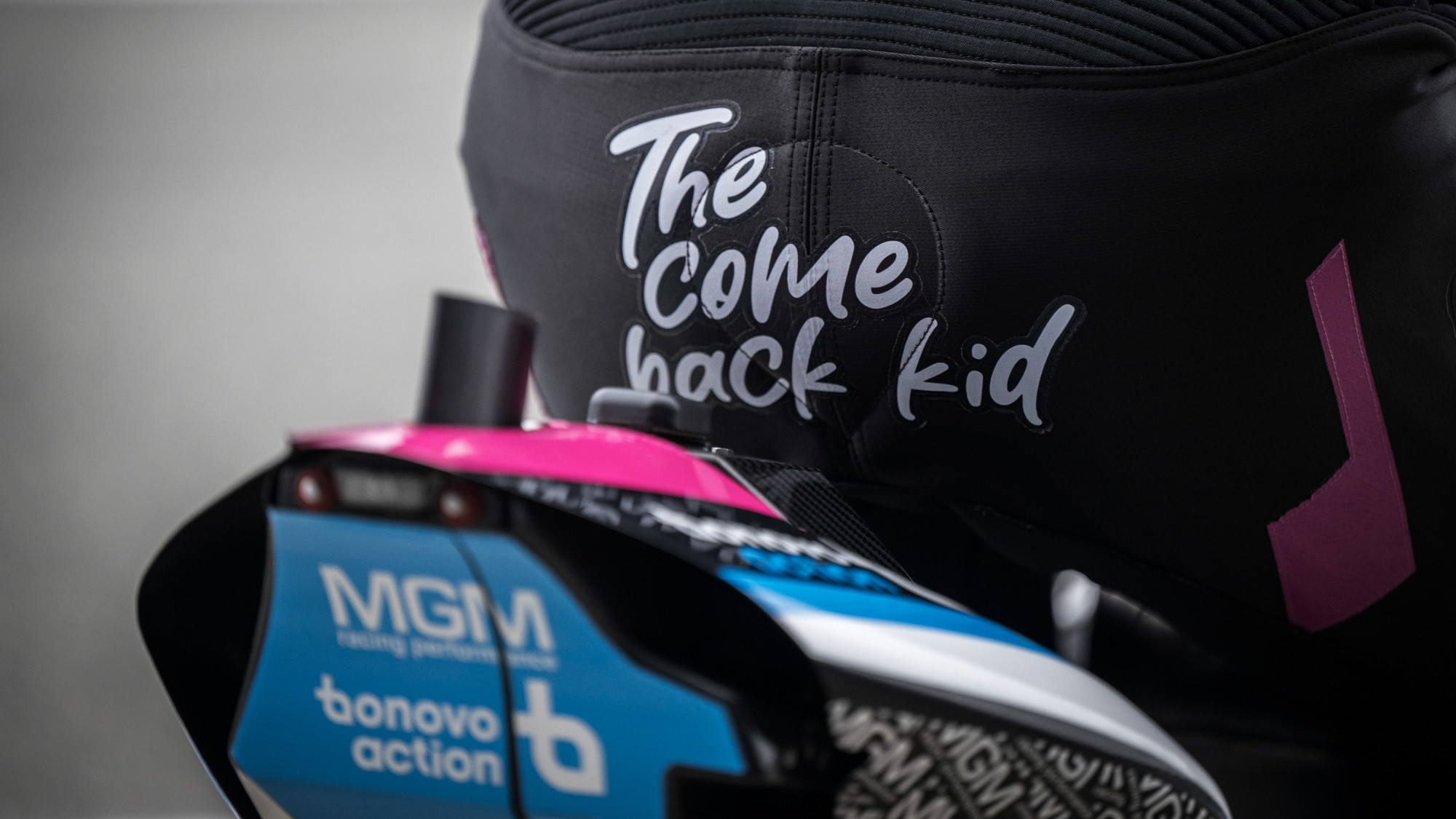





![AI in elementary and middle schools [NAESP]](https://dangerouslyirrelevant.org/wp-content/uploads/2025/01/NAESP-Logo-Square-1.jpg)








